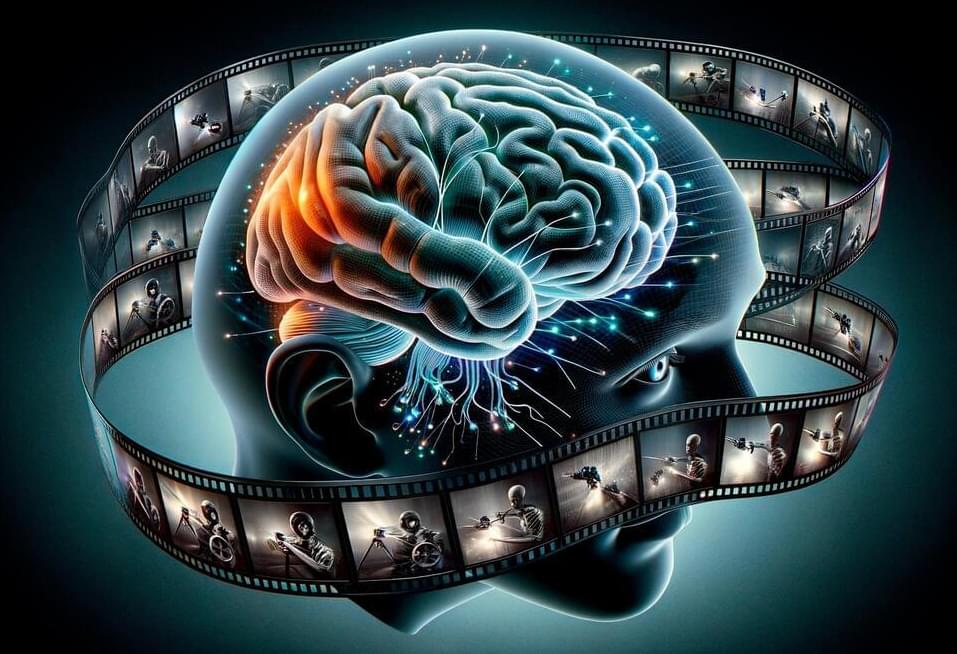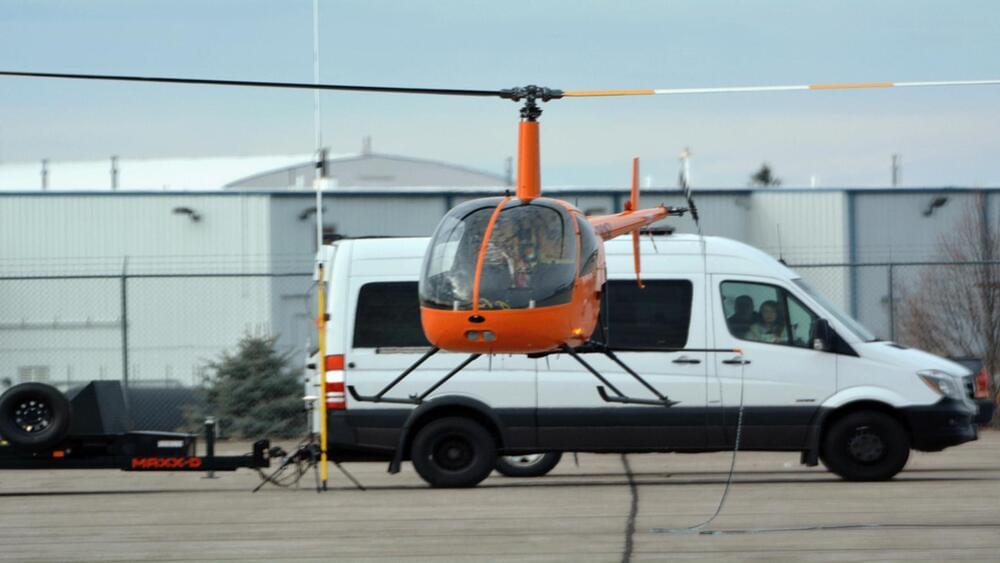In the adrenaline-fueled arena of sports gambling, a revolution is unfolding — one powered by artificial intelligence (AI). This technological marvel is transforming the art of sports betting from a game of chance into a symphony of data-driven precision. Let us explore the burgeoning world where AI intersects with sports gambling, turning bettors from mere spectators into strategic players in a game where data, algorithms, and probabilities redefine the odds.
Sports gambling, a realm where intuition, experience, and sometimes sheer luck have traditionally dictated the rules, is undergoing a transformative shift. AI, with its unparalleled ability to analyze vast datasets and discern patterns beyond human capability, is emerging as the new MVP in this field. This transition from gut-driven bets to AI-powered predictions is not just about increasing the odds of winning; it’s about elevating sports gambling to an art of calculated strategies.
At the heart of AI’s influence in sports gambling lies predictive analytics. Companies like Stratagem and Stats Perform are harnessing the power of AI to analyze historical data, player statistics, and even weather conditions to predict game outcomes with astonishing accuracy. For instance, Stratagem uses advanced machine learning algorithms to turn data from thousands of past games into insightful betting strategies, offering gamblers an edge that was unimaginable a few years ago.







